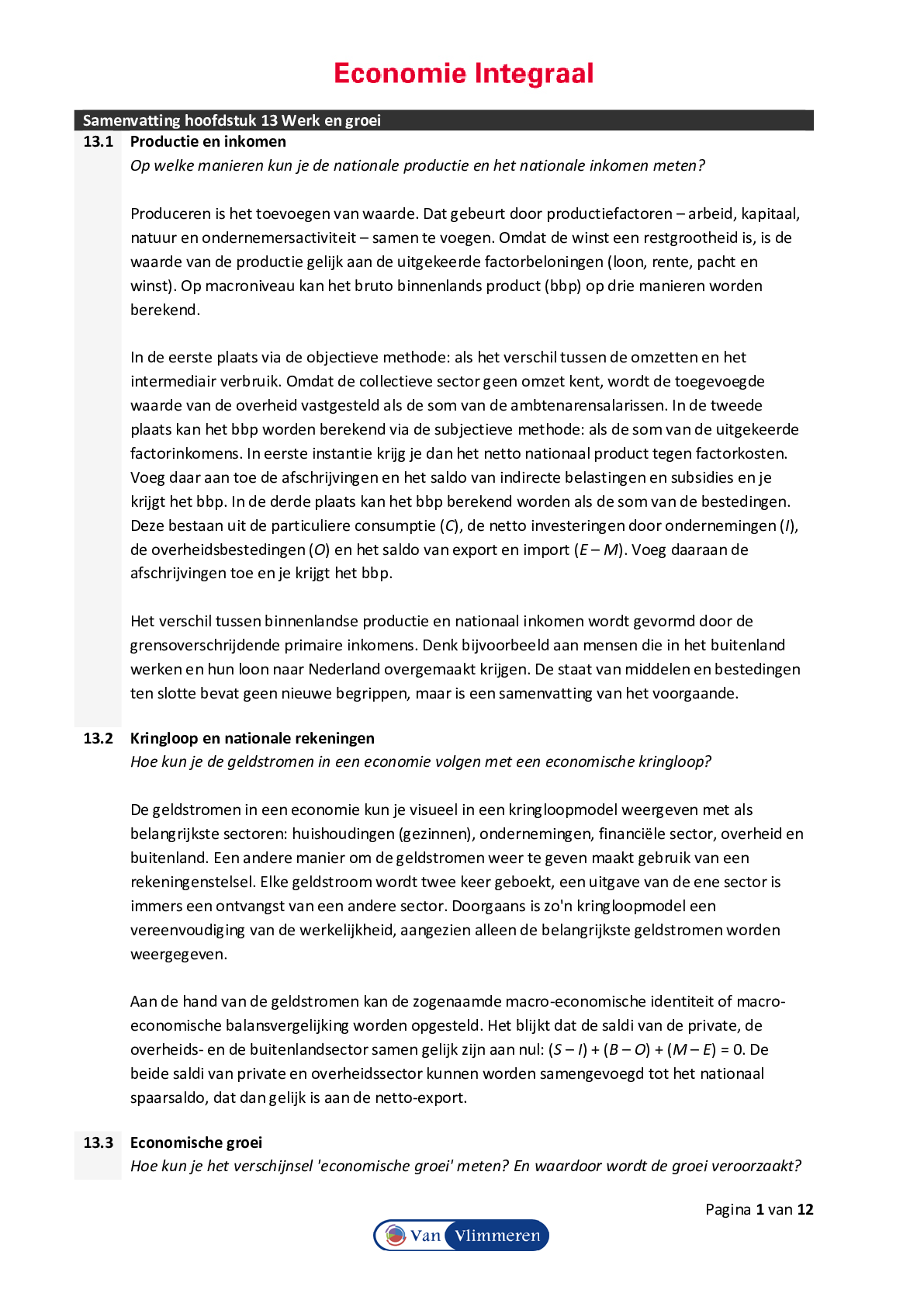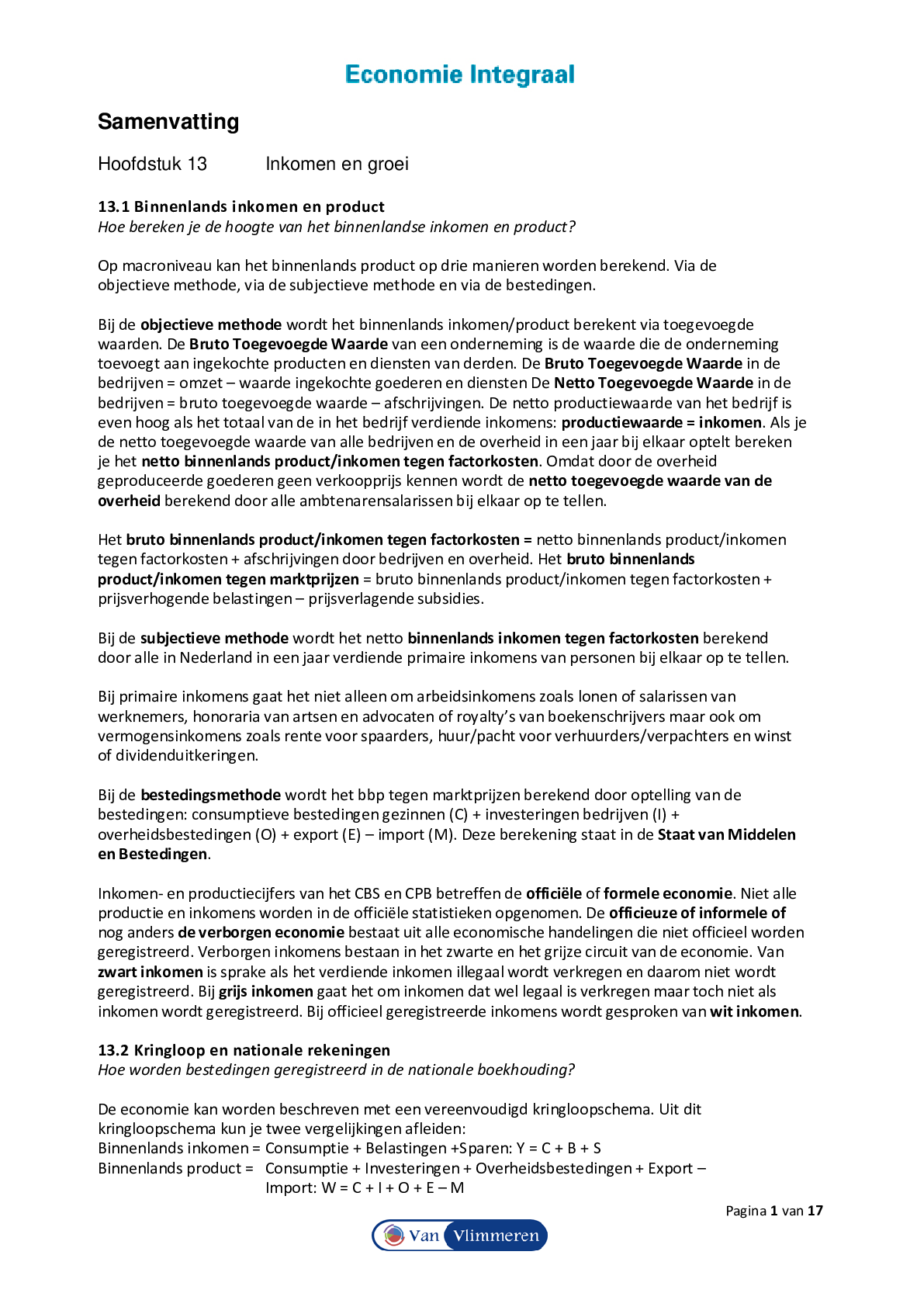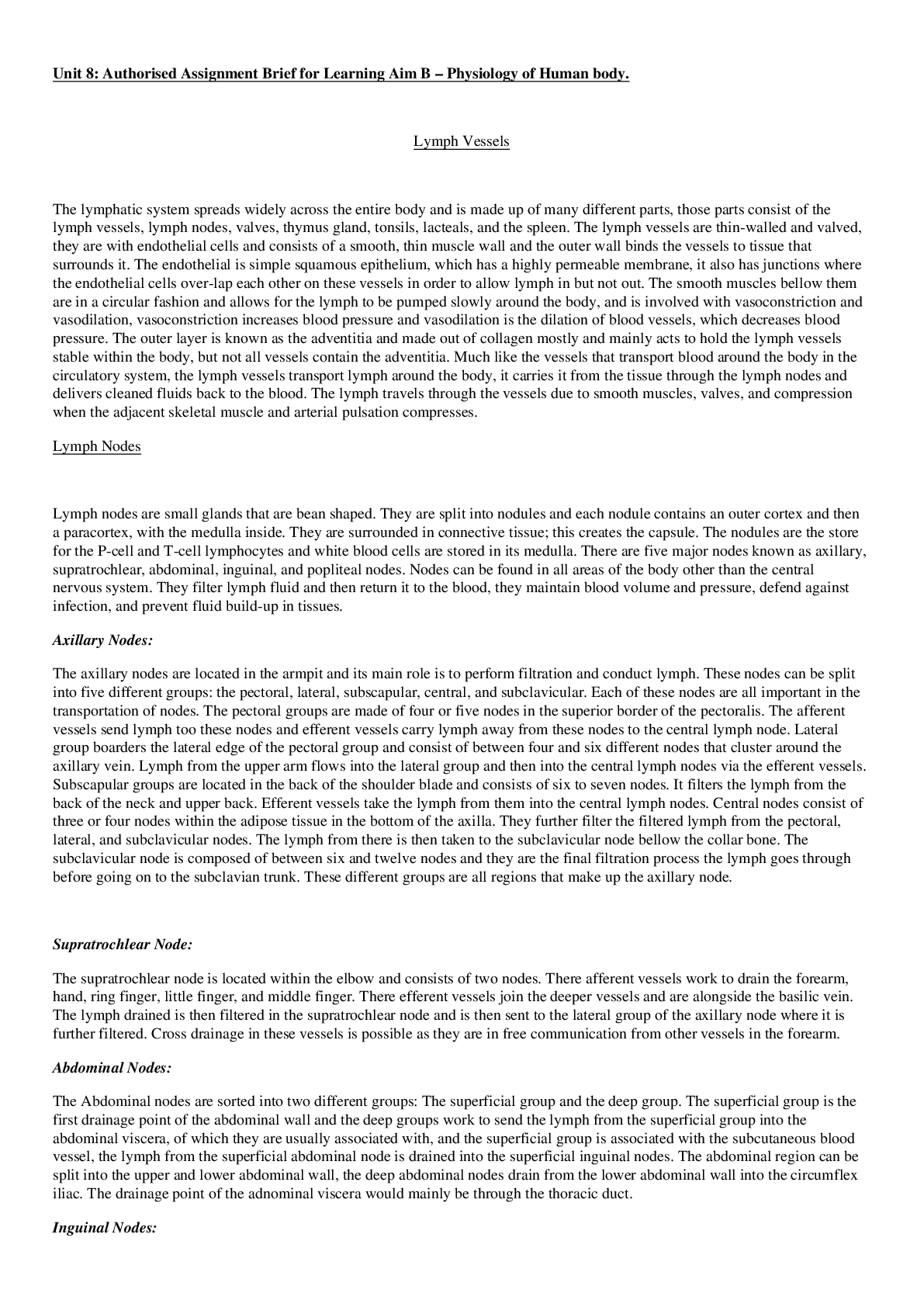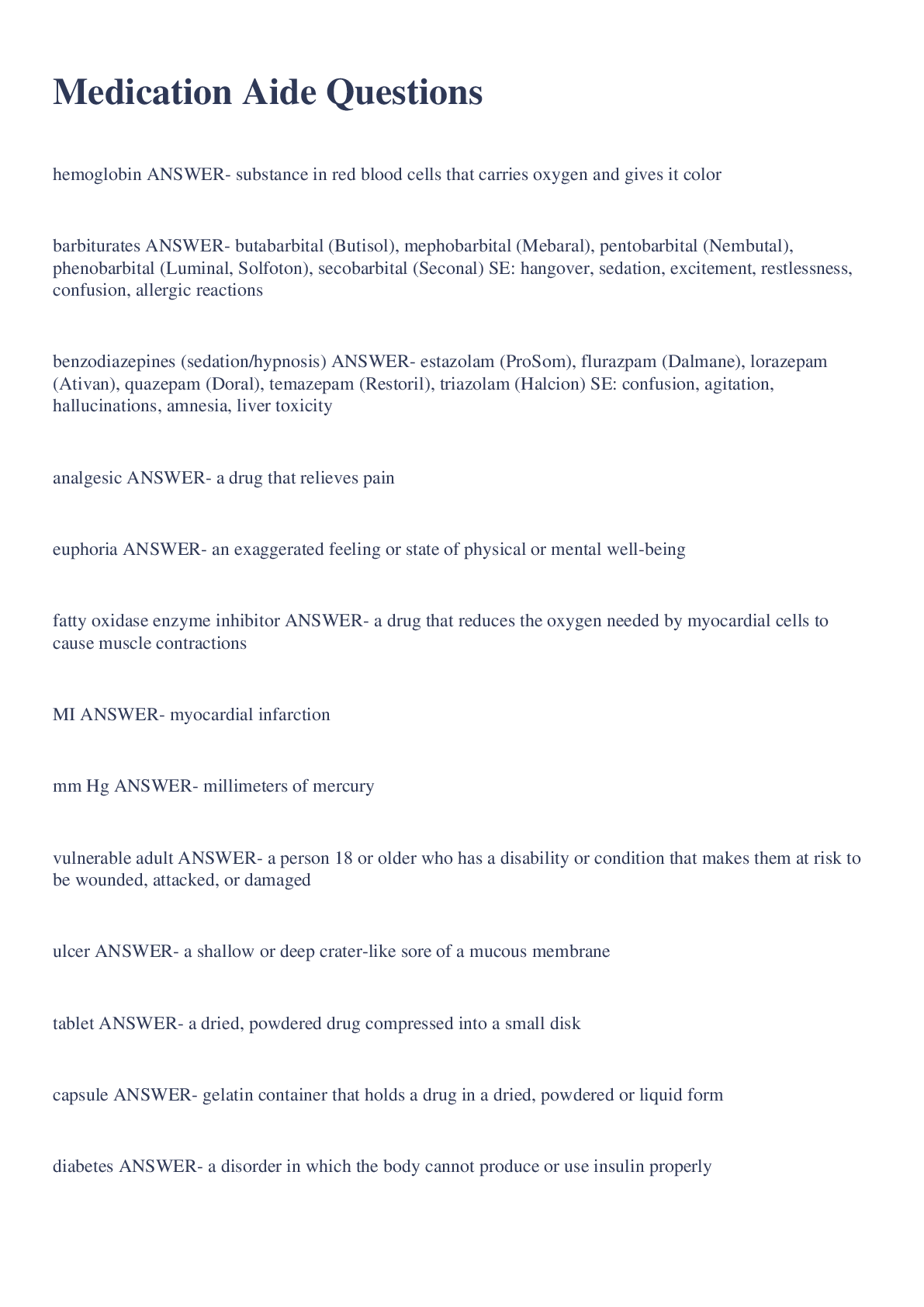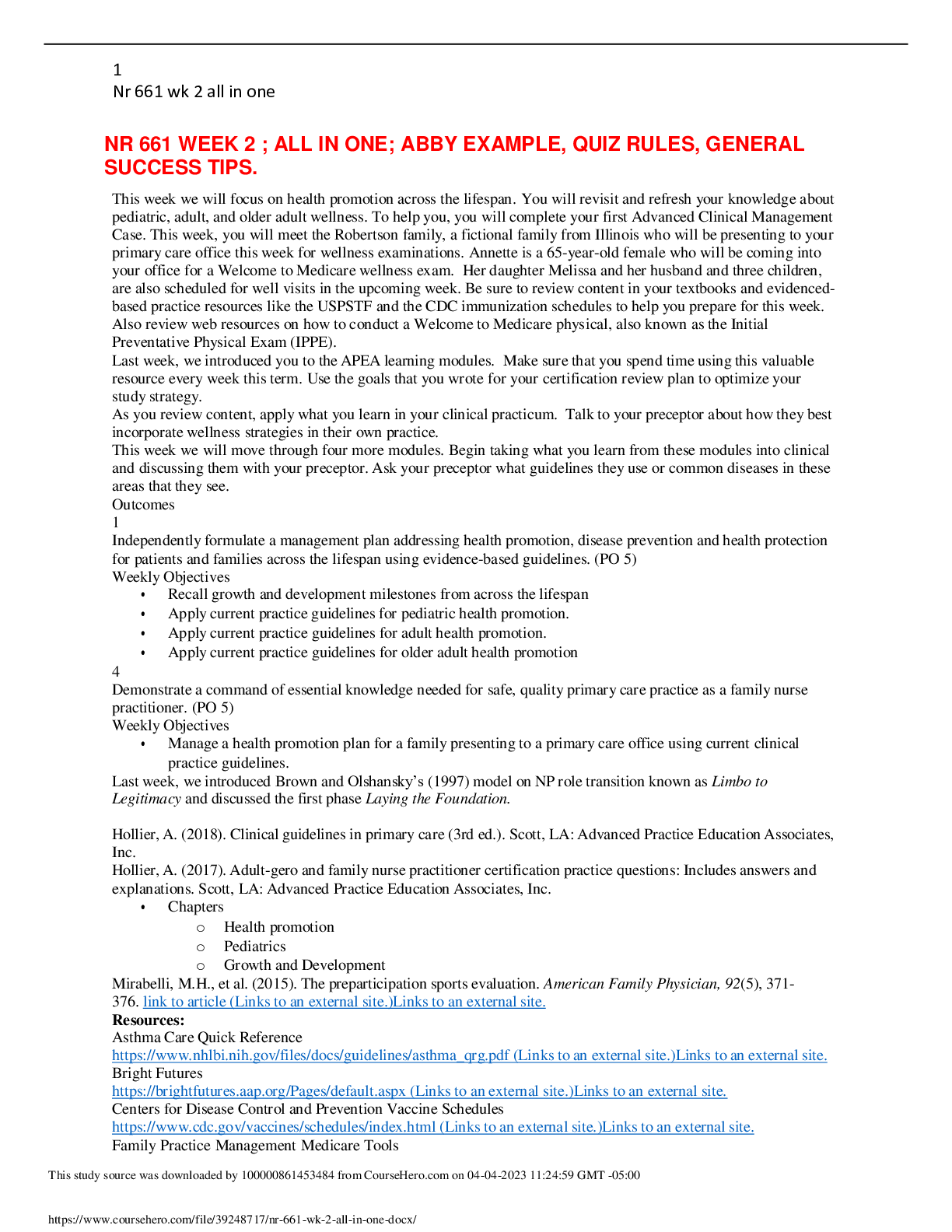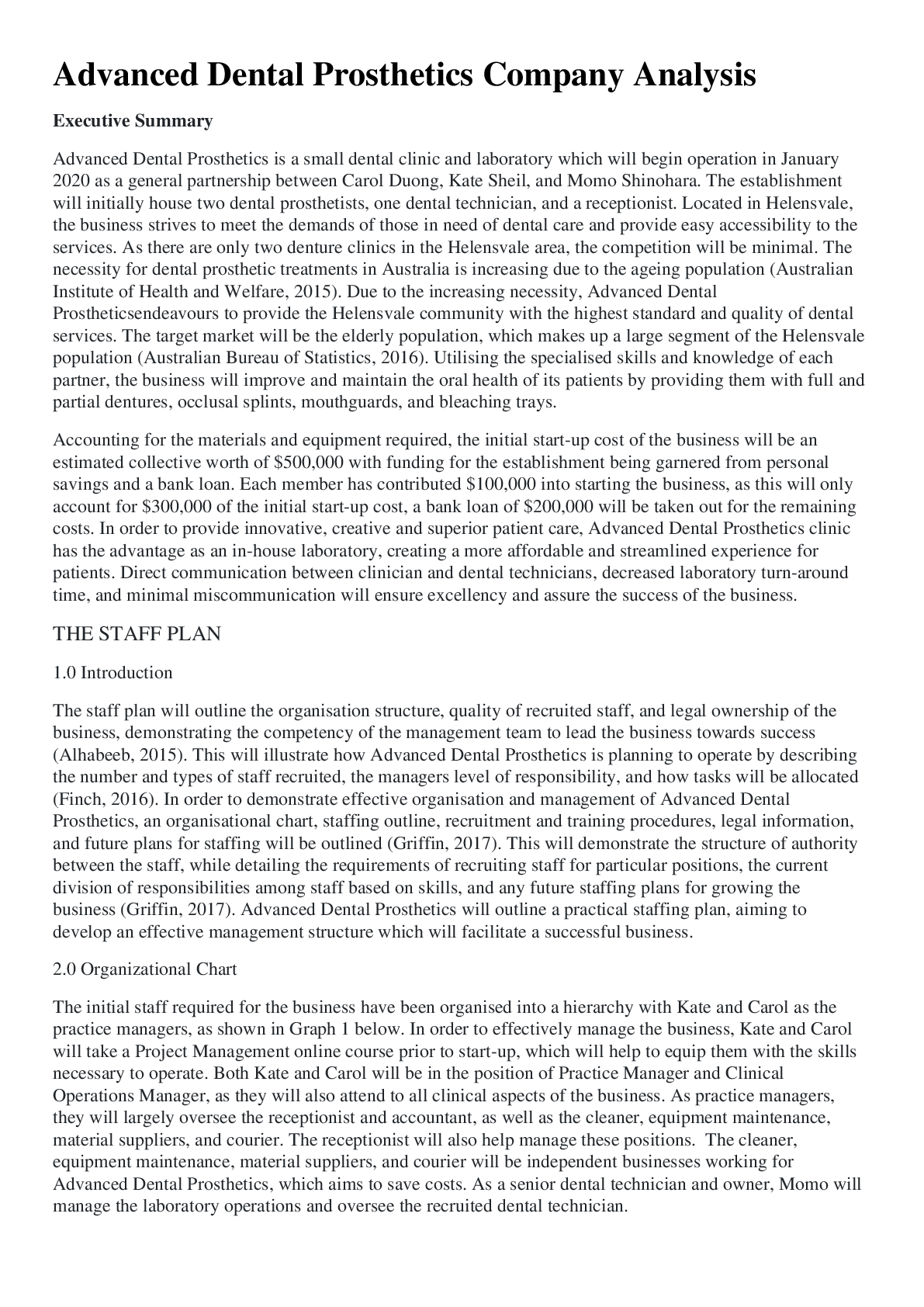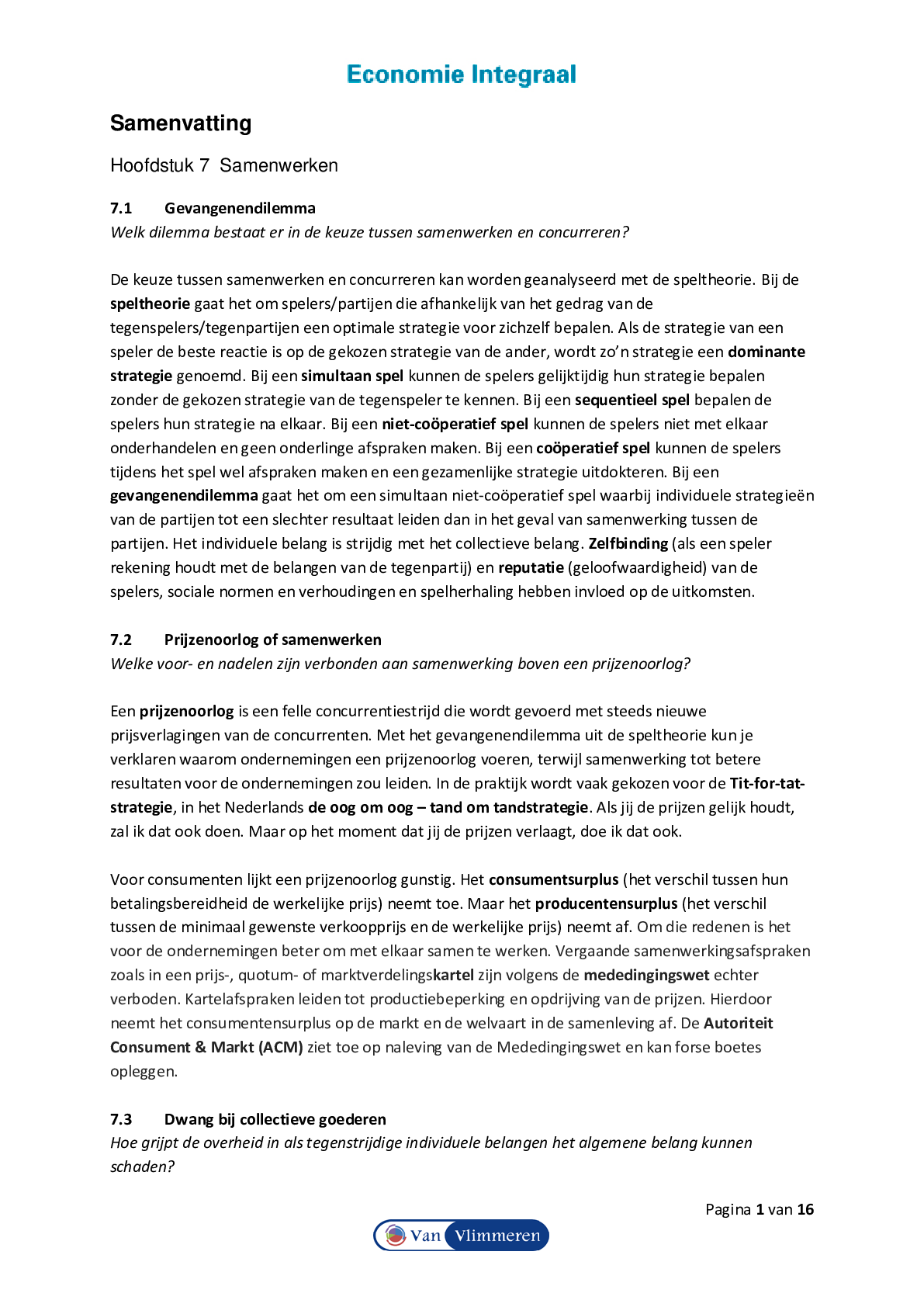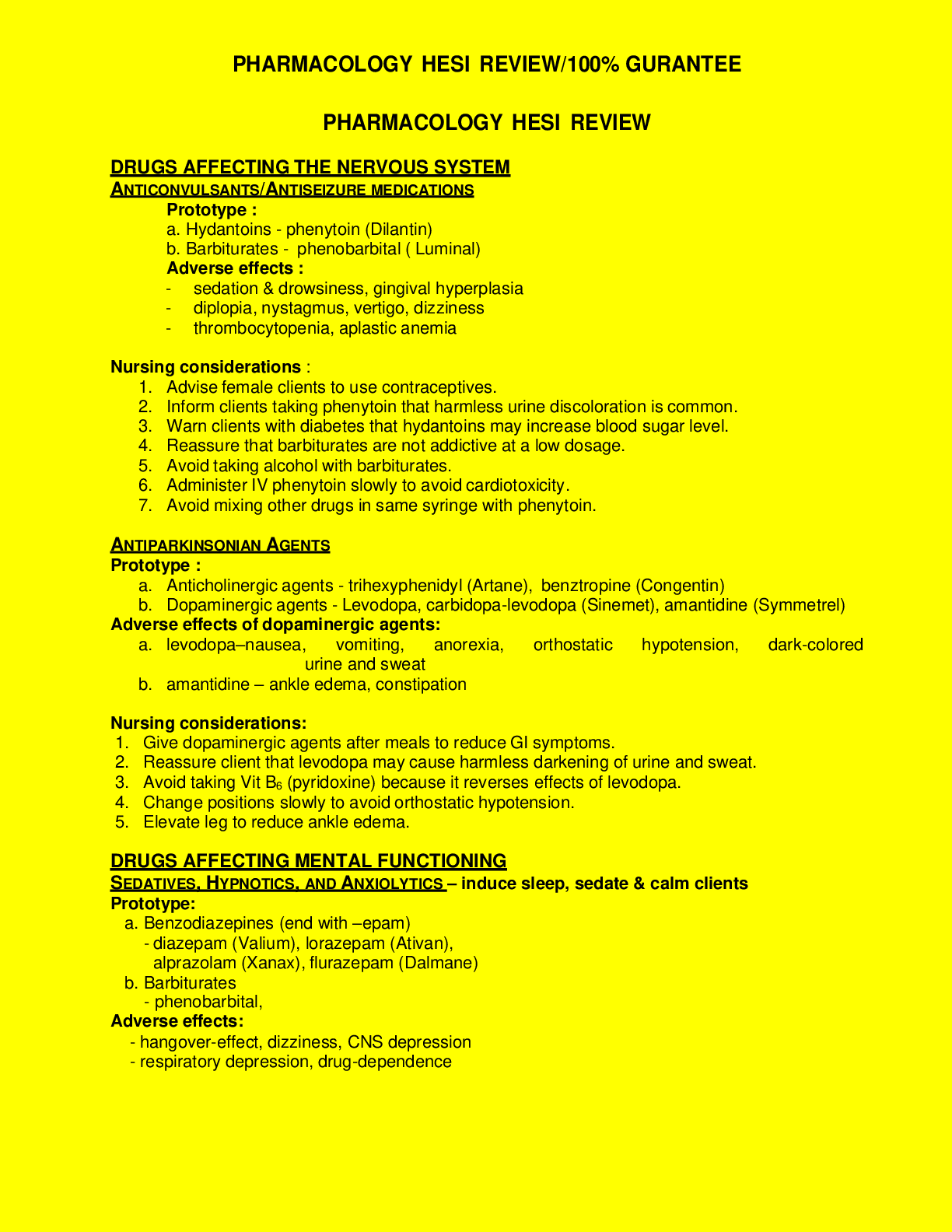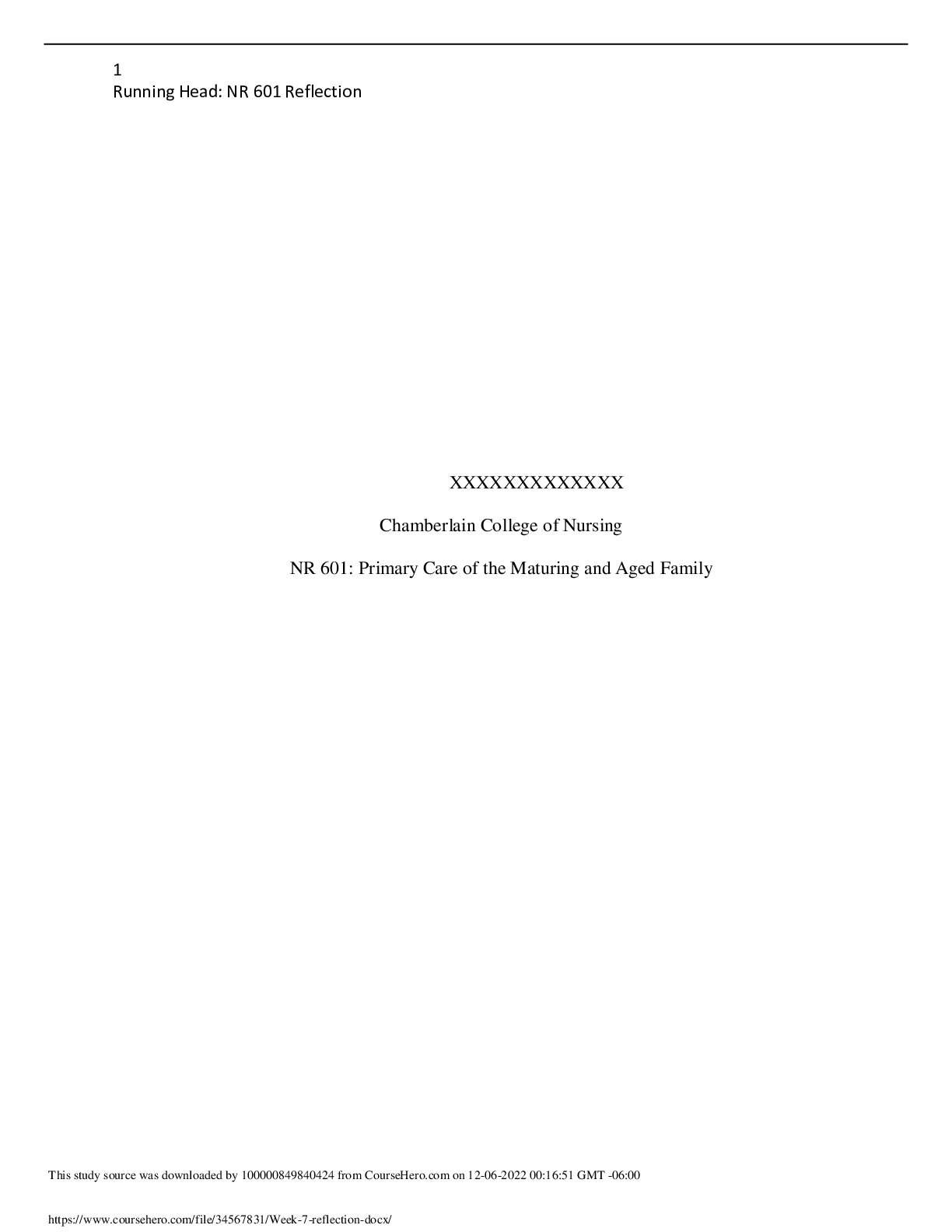AFRICAN CUSTOMARY LAW > SUMMARY > COMMERCIAL LAW (All)
COMMERCIAL LAW
Document Content and Description Below
COMMERCIAL LAW CPA PART I CPA SECTION 1 CCP SECTION 1 CS SECTION 1 STUDY TEXT COMMERCIAL LAW www.someakenya.co.ke Contact: 0707 737 890 Page 2 CONTENT 1. Introduction to Law Nature, purpose ... and classification of law - Meaning, nature and purpose of law - Classification of law - Law and morality Sources of law - The Constitution - Legislation - Substance of common law and doctrines of equity - African customary law - Islamic law - Judicial precedent - General rules of international law and ratified treaties Administrative law - Meaning - Doctrine of separation of powers - Natural justice - Judicial control of the Executive The court system - Structure, composition and jurisdiction of courts - Magistrate courts - Courts martial - Kadhis courts - Environment and Land Court - Industrial Court - Court of Appeal - Supreme Court Law of persons - Types of persons: natural person, artificial person - Nationality, citizenship and domicile - Unincorporated associations - Corporations - Co-operative societies 2. Law of tort - Nature of tort - Vicarious liability - Strict Liability - Negligence - Nuisance - Trespass - Defamation - Occupiers liability - General defences in the law of tort - Limitation of actions COMMERCIAL LAW www.someakenya.co.ke Contact: 0707 737 890 Page 3 3. Law of contract - Definition and nature of a contract - Classification of contracts - Formation of a contract - Terms of a contract - Vitiating factors - Illegal contracts - Discharge of contract - Remedies for breach of a contract - Limitation of actions 2.4. Sale of goods - Nature of the contract - Formation of the contract - Terms of the contract - Transfer of property and title in goods - Rights and duties of the parties - Auction sales - International contracts of sale: FAS, FOB, CIF, FCA, CPT, CIP, DAT, DAP, DDP, CFR, DAF, DES, DDU, Ex-works and Ex-ship 5. General principles of consumer credit - Nature of the hire purchase contract - Difference between hire purchase and conditional sale/credit sale - Formation of the hire purchase contract - Terms of the hire purchase contract - Rights and duties of the parties - Termination and completion of the hire purchase contract 6. Indemnity and Guarantees - Nature of the contracts - Rights and duties of the parties - Advantages and disadvantages of guarantee as security - Termination of contract of guarantee 7. Partnership - Nature of partnership - Relations of partners to persons dealing with them - Relations of partners to one another - Rights, duties and liabilities to existing, incoming, outgoing and minor partners - Dissolution of partnership and its consequences 8. Insurance - Nature of the contract - Formation of the contract - Principles of insurance - Types of insurance COMMERCIAL LAW www.someakenya.co.ke Contact: 0707 737 890 Page 4 9. Agency - Meaning, nature and creation of agency - Types of agents - Rights and duties of the parties - Authority of an agent - Termination of agency 10. Negotiable instruments - Nature and characteristics - Negotiability and transferability - Types: cheques, promissory notes, bills of exchange - Rights and obligations of the parties 11. The law of property - Definition of property - Classification of property (real and personal, movable and immovable, tangible - and intangible) - Property in land: Private, Public and Community land - interests in land: estates, servitudes and encumbrances - Intellectual property: plant breeder’s patents, trademarks, copyrights and - industrial designs 12. Resolving commercial disputes - -Nature and problems associated with commercial litigation - Arbitration - Mediation - Negotiation 13. Emerging issues and trends COMMERCIAL LAW www.someakenya.co.ke Contact: 0707 737 890 Page 5 CONTENT PAGE Topic 1: Introduction to Law Nature, purpose and classification of law…………………………………...6 Sources of law………………………………………………………………16 Administrative law……………………………………………………….…36 The court system……………………………………………………….……53 Law of persons………………………………………………………………67 Topic 2: Law of tort………………………………………………………………......77 Topic 3: Law of contract…………………………………………………………....120 Topic 4: Sale of goods……………………………………………………………....150 Topic 5: General principles of consumer credit……………………………….…....165 Topic 6: Indemnity and Guarantees……………………………………………..….171 Topic 7: Partnership…………………………………………………………………179 Topic 8: Insurance………………………………………………………… ………..187 Topic 9: Agency……………………………………………………………………..194 Topic 10: Negotiable instruments……………………………………………………206 Topic 11: The law of property……………………………………………………….218 Topic 12: Resolving commercial disputes…………………………………………...237 Topic 13: Emerging issues and trends Revised on: November 2016 COMMERCIAL LAW www.someakenya.co.ke Contact: 0707 737 890 Page 6 TOPIC 1 INTRODUCTION TO LAW NATURE PURPOSE AND CLASSIFICATION OF LAW MEANING OF LAW, NATURE AND PURPOSE OF LAW MEANING OF LAW Law, simply put, refers to the set of rules which guide our conduct in the society and is enforceable by the state via public agencies. Law in its general sense tends to be as a result of the necessary relations arising from the nature of things. In this sense all things have their laws. Humans, material world, superior beings and even animals all have their own laws. Simply put, the nature of these relationships tends to determine the nature of the laws. But the intelligent world is far from being so well governed as the physical. This is because intelligent beings are of a finite nature, and consequently liable to error; and on the other, their nature requires them to be free agents. Hence they do not steadily conform to their primitive laws. Law in general is human reason, inasmuch as it governs all the inhabitants of the earth: the political and civil laws of each nation ought to be only the particular cases in which human reason is applied. According to the oxford dictionaries law can be defined as; The system of rules which a particular country or community recognizes as regulating the actions of its members and which it may enforce by the imposition of penalties NATURE OF LAW The different schools of thought that have arisen are all endeavors of jurisprudence: Natural law school Positivism, realism among others. It is these schools of thoughts that have steered debates in parliaments, courts of law and others. Natural law theory asserts that there are laws that are immanent in nature, to which enacted laws should correspond as closely as possible. This view is frequently summarized by the maxim: an unjust law is not a true law, in which 'unjust' is defined as contrary to natural law. Legal positivism is the view that the law is defined by the social rules or practices that identify certain norms as laws Legal realism- it holds that the law should be understood as being determined by the actual practices of courts, law offices, and police stations, rather than as the rules and doctrines set forth in statutes or learned treatises. It had some affinities with the sociology of law. COMMERCIAL LAW www.someakenya.co.ke Contact: 0707 737 890 Page 7 Legal interpretivism- is the view that law is not entirely based on social facts, but includes the morally best justification for the institutional facts and practices that we intuitively regard as legal. Generally speaking law has the following characteristics 1. It is a set of rules. 2. It regulates the human conduct 3. It is created and maintained by the state. 4. It has certain amount of stability, fixity and uniformity. 5. It is backed by coercive authority. 6. Its violation leads to punishment. 7. It is the expression of the will of the people and is generally written down to give it definiteness. 8. It is related to the concept of 'sovereignty' which is the most important element of state. FUNCTIONS/PURPOSES OF LAW 1. It promotes peaceful coexistence/ maintenance of law and order/ prevents anarchy 2. It is a standard setting and control mechanism. Law sets standards of behaviour and conduct in various areas such as manufacturing, construction, trade e.g. The law also acts as a control mechanism of the same behaviour 3. It protects rights and enforces duties by providing remedies whenever these rights or duties are not honoured. 4. Facilitating and effectuating private choice. It enables persons to make choices and gives them legal effect. This is best exemplified by the law of contracts, marriage and succession. 5. It resolves social conflicts. Since conflicts are inevitable, the rule of law facilitates their resolution by recognizing the conflicts and providing the necessary resolution mechanism. 6. It controls and structures public power. Rules of law govern various organs of 7. Government and confer upon them the powers exercisable by them. The law creates a limited Government. This promotes good governance, accountability and transparency. It facilitates justice in the society. CLASSIFICATION OF LAW Law may be classified as: 1. Written and Unwritten. 2. Municipal (National) and International. 3. Public and Private. 4. Substantive and Procedural. 5. Criminal and Civil [Show More]
Last updated: 10 months ago
Preview 1 out of 247 pages
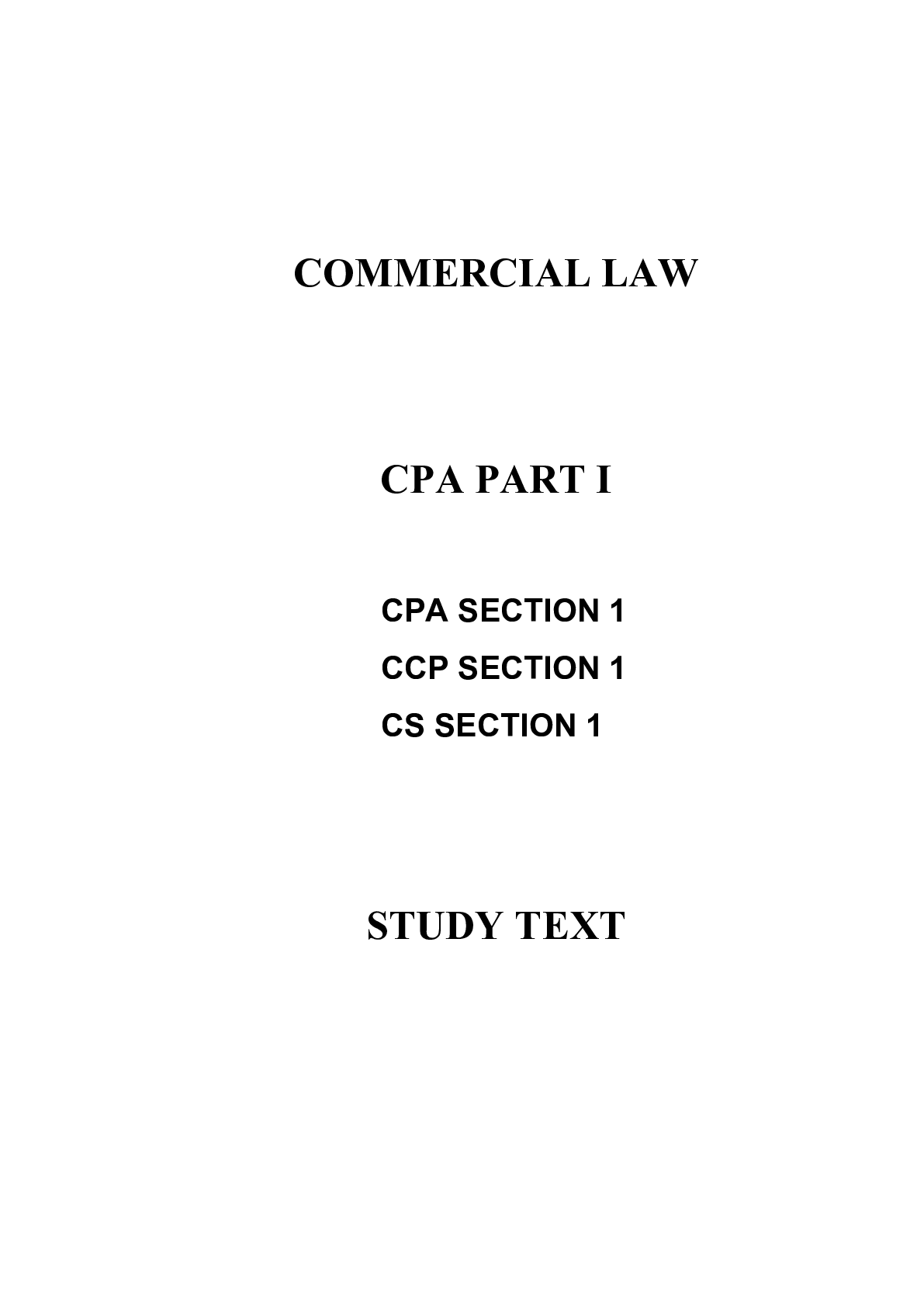
Reviews( 0 )
Document information
Connected school, study & course
About the document
Uploaded On
Jun 16, 2023
Number of pages
247
Written in
Additional information
This document has been written for:
Uploaded
Jun 16, 2023
Downloads
0
Views
36


